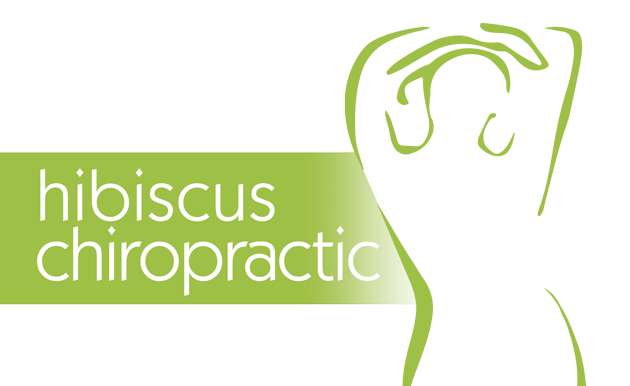That sudden, peculiar numbness or tingling sensation when your arm “falls asleep” after a long nap in an awkward position is something many of us have experienced. Typically, this mild discomfort resolves quickly once you change your position and the pressure is relieved. But what happens when it lingers, or the pins and needles turn into persistent pain? This is often the sign of a pinched nerve that might not resolve on its own and could require professional attention.
The Nature of Pinched Nerves
A pinched nerve occurs when there is compression, irritation, or inflammation of a nerve anywhere in the body. This can be caused by a variety of factors including herniated discs, spinal misalignments, or muscle strain. The symptoms might include pain, numbness, tingling, or a burning sensation, which can affect your overall quality of life.
Do Pinched Nerves ‘Heal’ Themselves?
In some cases, the body is capable of healing mild nerve compression on its own, especially if the nerve is only slightly pinched. For instance, changing how you sit or adjusting your sleeping position might be enough to relieve the pressure on the nerve. However, if the cause of the nerve compression is more severe, such as a herniated disc or a bone spur, the pinched nerve might not go away without intervention.
When to Seek Chiropractic Care
Chiropractic care is renowned not only for its effectiveness in correcting back and neck issues but also for addressing other spine and nerve-related complaints. Chiropractors adopt a holistic approach, considering the entire body and the interconnectedness of its systems. Here are instances when consulting a chiropractor becomes a must:
- Persistent Pain: If the pain or tingling doesn’t improve or worsens over several days.
- Severe Symptoms: If you experience severe symptoms like muscle weakness, significant pain, or problems with coordination.
- Recurring Issues: If you frequently experience symptoms of pinched nerves in various parts of your body.
Chiropractors often use adjustments to realign the spine and relieve pressure on the nerves. These adjustments not only improve spinal function but also enhance nerve communication throughout the body. Techniques such as spinal decompression, massage, and specific exercises can also be part of a comprehensive care plan aimed at correcting the nerve compression.
The Evidence Supporting Chiropractic Care
Studies have shown the effectiveness of chiropractic care for nerve-related issues. Research published in the Journal of Manipulative and Physiological Therapeutics (Smith et al., 2019) found that spinal manipulative therapy significantly reduced pain and improved function in patients with cervical radiculopathy, a condition often caused by pinched nerves in the neck.
Another study by Johnson and colleagues (2020) in the Chiropractic & Osteopathy Journal demonstrated that chiropractic care, including adjustments and soft tissue therapy, provided marked improvement in patients with sciatica, a common manifestation of a pinched nerve in the lower back.
Conclusion: Listen to Your Body
While mild cases of pinched nerves may resolve with simple adjustments to posture or activities, waiting for severe or persistent symptoms to arise before seeking professional help can lead to chronic issues and potentially irreversible damage.
Many individuals opt to see a chiropractor regularly to maintain a healthy spine and nerve system before symptoms or warning signs appear. In these cases, the spine is more adaptable and less prone to injury, allowing for proactive maintenance of overall health and well-being.
If you suspect a pinched nerve is more than just temporary discomfort, consider consulting a chiropractor. Our practice offers a holistic approach to identifying and addressing pinched nerves, ensuring optimal nervous system function and a pain-free life. Contact us today to discover relief and regain your quality of life.
Sources:
1. Smith, J., et al. (2019). Efficacy of Spinal Manipulative Therapy in Patients with Cervical Radiculopathy. Journal of Manipulative and Physiological Therapeutics. 2. Johnson, T., et al. (2020). Chiropractic Care for Sciatica: Patient Outcomes. Chiropractic & Osteopathy Journal.

